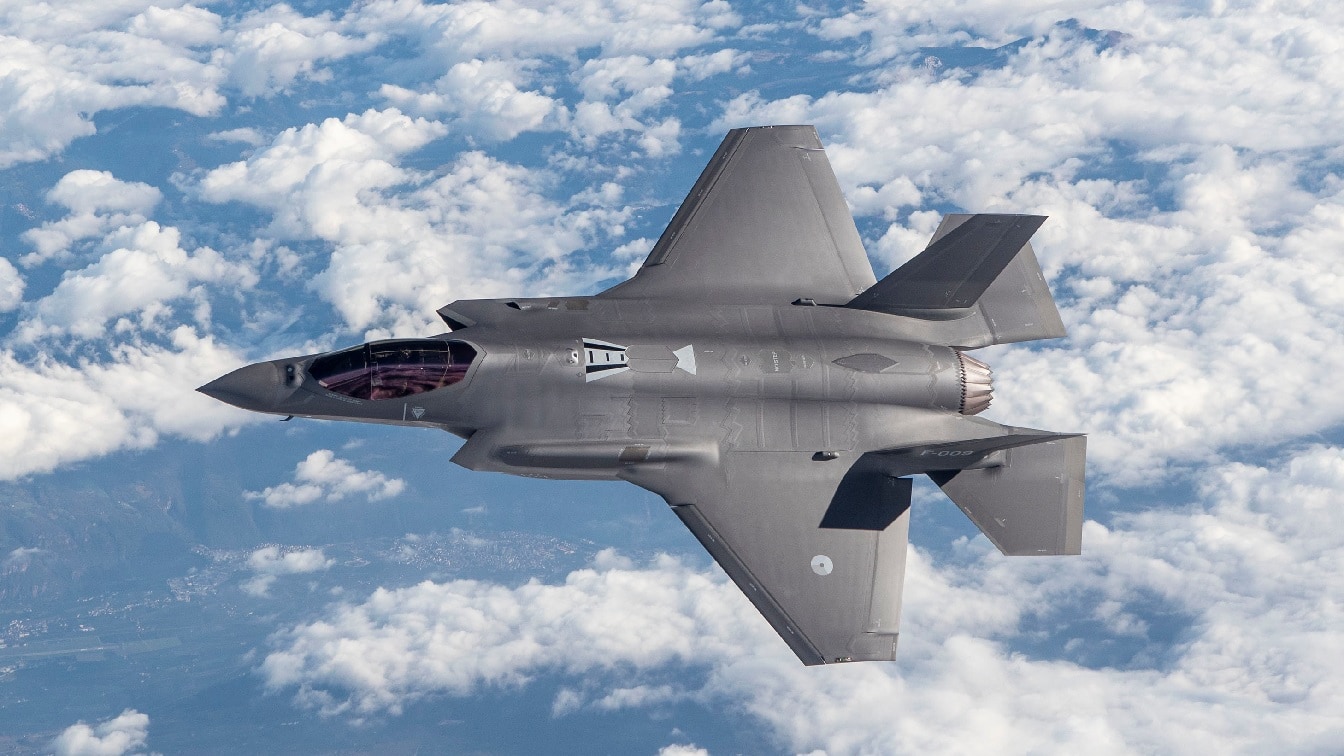Switzerland Looks to Close F-35 Deal – A year ago, the Swiss government selected the Lockheed Martin F-35A Lightning II – the conventional takeoff and landing variant of the highly-capable fifth-generation Joint Strike Fighter program – as the new frontline combat aircraft for its air force. The decision to adopt the all-weather, multi-role stealth fighter made sense as the Swiss industry already plays a role in the production of the aircraft, with six suppliers now providing components for the aircraft.
However, a coalition of left-wing political groups has been building within the historically neutral nation and it now seeks to reverse course on the acquisition of the planned 36 aircraft. Led by the Group for a Switzerland without an Army (GSoA), the alliance – which also includes the Alpine nation’s Swiss Green Party and Social Democratic Party – has apparently succeeded in gathering the 100,000 signatures required to trigger a new referendum regarding the purchase of the F-35A.
Despite that fact, the Swiss government has sought to press ahead on the $5.5 billion deal and to sign the contract by the end of May. On Wednesday, Bern’s Federal Department of Defense, Civil Protection and Sport announced it would proceed with its acquisition of the F-35 Joint Strike Fighter, regardless of the public initiatives to a trigger a referendum that could have stopped it, Aviation Week reported.
Past Support From Voters
In September 2020, Swiss voters had agreed to CHF6 billion ($6.4 billion) being spent to replace the Swiss Air Force’s aging fleet of F-5 Tigers and F/A-18 Hornet jets by 2030. Lawmakers in Bern had appeared to have struck a bargain deal with Lockheed Martin to provide 36 F-35A aircraft for just over CHF5 billion, and last month even warned that it was unclear whether the purchase could take place under the same conditions if the deal had to be renegotiated once the offer expires next year.
The “Stop the F-35” initiative has still sought to keep the deal from being signed.
“Due to the exploding costs of the F-35, the foreign policy consequences, and the many flaws of this combat aircraft, this debate is necessary and urgent,” Marionna Schlatter, from the Green party and a member of Stop-35, said in a statement last month.
Moving Forward
Russia’s unprovoked invasion of Ukraine, which followed moves by other European countries to increase defense spending, had spurred the Swiss governing body to move forward quicker than some in the historically neutral country have been comfortable with. Various left-wing groups have sought to force another vote.
Opponents of the decision to purchase the F-35 have claimed the fifth-generation stealth fighter jet is unsuitable for Switzerland’s military needs, and further suggested that the government has underestimated the costs of maintaining and operating the Lightning II. Yet, supporters have highlighted the capabilities of the F-35, as well as the fact that it will provide greater interoperability with many other nations that have – or will – adopt the Lockheed Martin aircraft.
Even though the government has said it would move forward with the acquisition until the ink is dry it remains unclear if Switzerland will actually become a future operator of the Lightning II.
Now a Senior Editor for 1945, Peter Suciu is a Michigan-based writer who has contributed to more than four dozen magazines, newspapers and websites. He regularly writes about military hardware, and is the author of several books on military headgear including A Gallery of Military Headdress, which is available on Amazon.com. Peter is also a Contributing Writer for Forbes.

